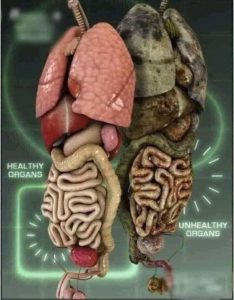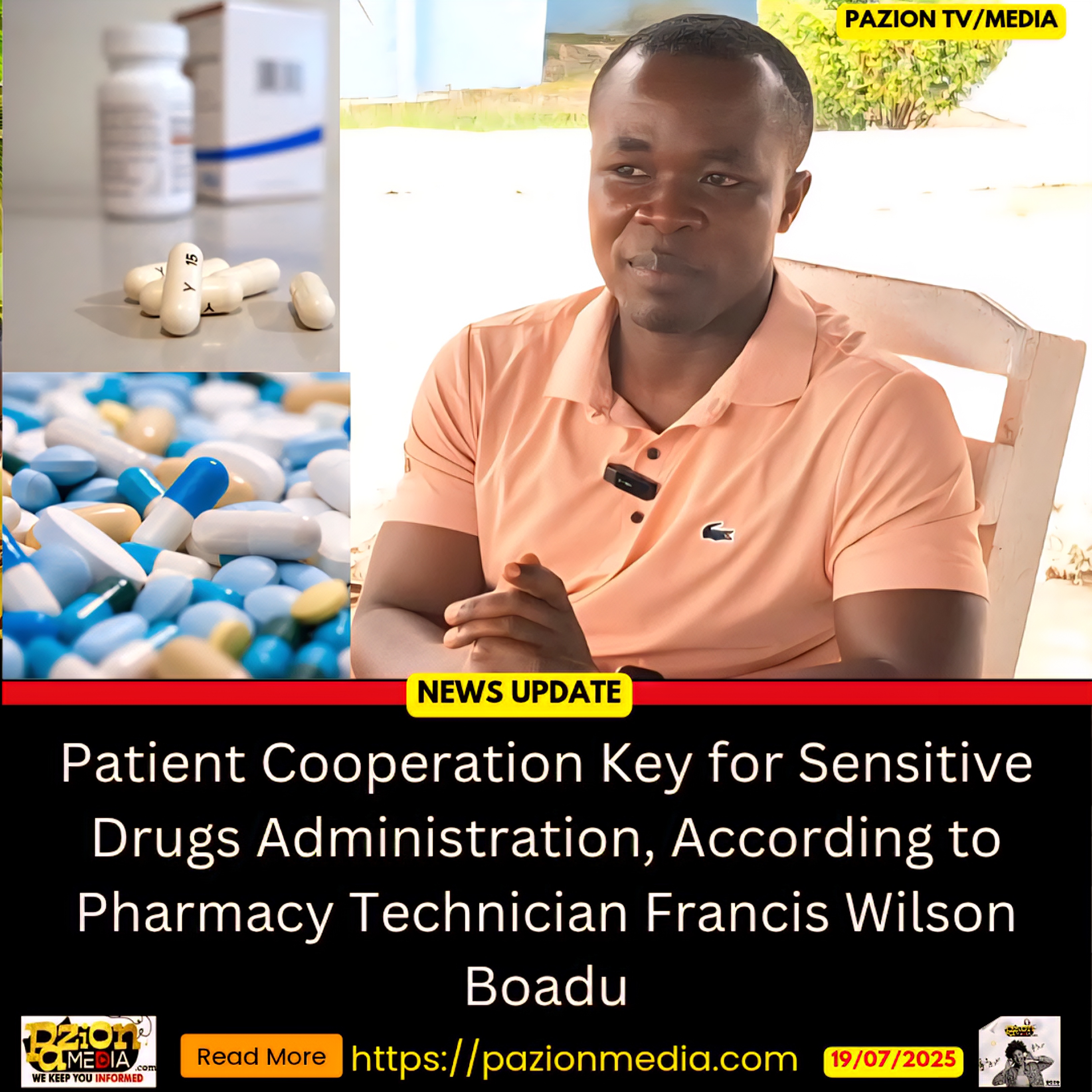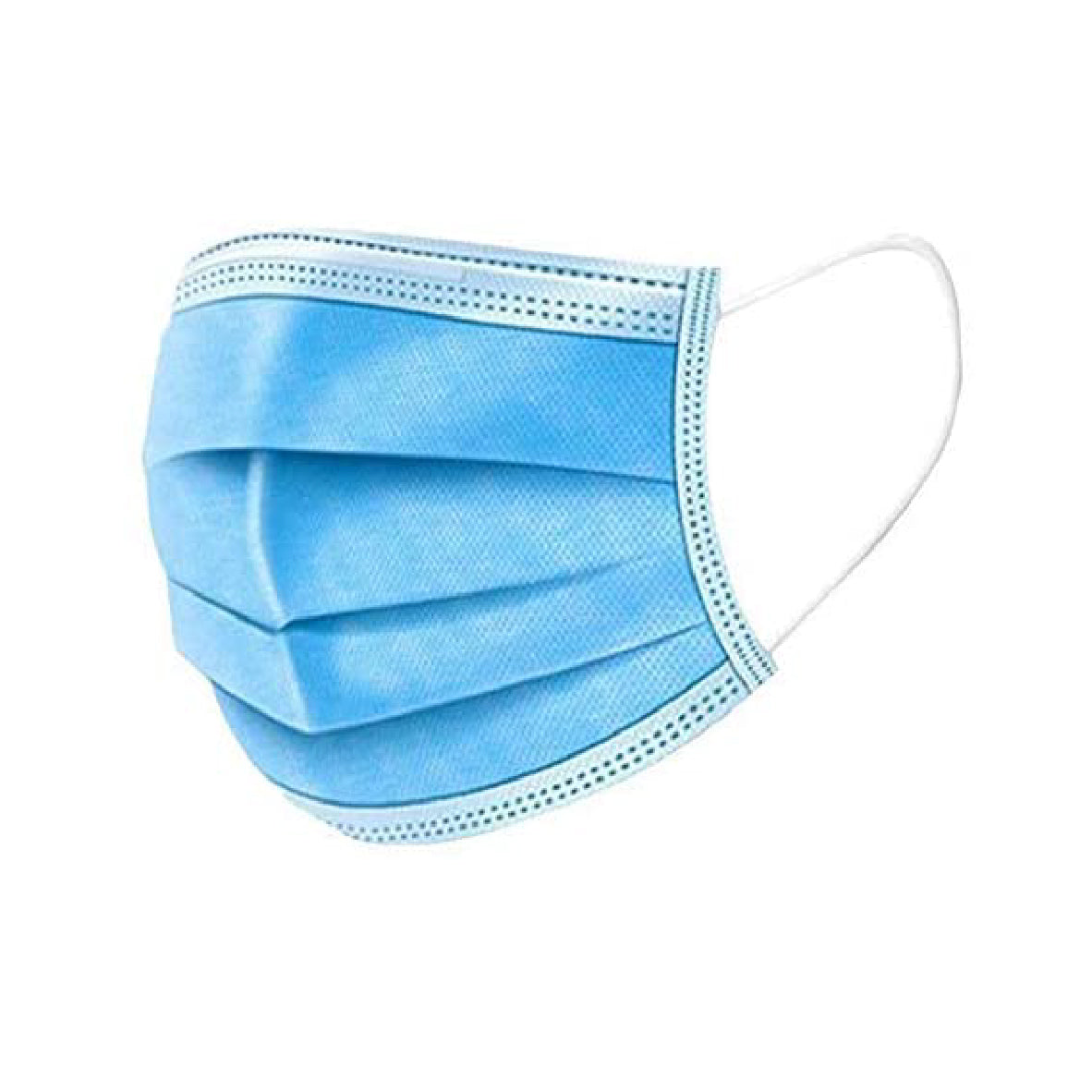Your liver plays a crucial role in your digestive system. After your stomach and intestines break down your food, the nutrients are extracted and sent to the liver for filtering. Therefore, it’s important to be mindful of the foods you consume to avoid overloading your liver with substances that can harm it. Foods high in fat or toxins can be detrimental to your liver’s health.
Here are five types of foods that can be toxic for your liver:

1. Alcohol: Excessive alcohol consumption can cause a buildup of a toxic enzyme called acetaldehyde, which can overload the liver. Binge drinking or heavy alcohol consumption can lead to alcohol poisoning and damage the liver. It’s advisable to limit your alcohol intake and stay hydrated with water.
2. Fried Foods: Nonalcoholic fatty liver disease can occur when the liver becomes overwhelmed with fats. Fried foods and other high-fat foods can contribute to this condition, causing swelling and scarring in the liver. It’s best to avoid fried foods and opt for healthier cooking methods.
3. High-Fructose Foods: A high carbohydrate load, particularly from fructose, can contribute to non-alcoholic fatty liver disease. High-fructose corn syrup, commonly found in processed foods, can be a significant source of fructose. Reducing your sugar intake, especially unnatural sugars, can be beneficial for liver health.
4. High Salt Content: Excessive salt intake can cause damage to various parts of the body, including the liver. Studies have shown that a high-sodium diet can lead to liver damage and scarring. Including foods rich in antioxidants like vitamin C can help mitigate this damage.
5. Red Meat: Consuming red meat can pose challenges for the liver due to its difficult-to-metabolize nutrients and high iron content. Too much iron in the diet can accumulate and harm the liver. Additionally, red meat is often high in fat, which can contribute to fatty buildup in the liver.
In conclusion, taking care of your liver is crucial for overall health. While making changes to your diet can be challenging, it is necessary to protect this vital organ. By avoiding liver-damaging foods and opting for healthier choices, you can promote the well-being of your liver and reduce the risk of liver-related complications.
 Pazionmedia.com Pazion Media l Latest News l Politics l Sports l Entertainment
Pazionmedia.com Pazion Media l Latest News l Politics l Sports l Entertainment



